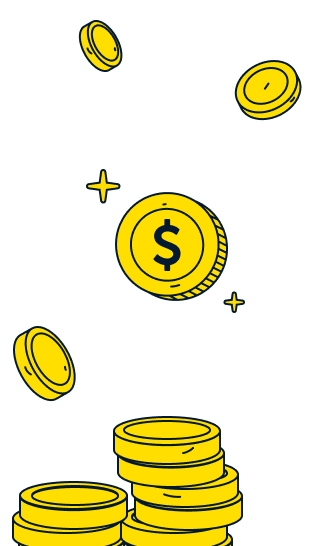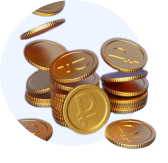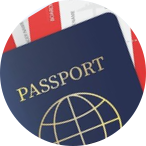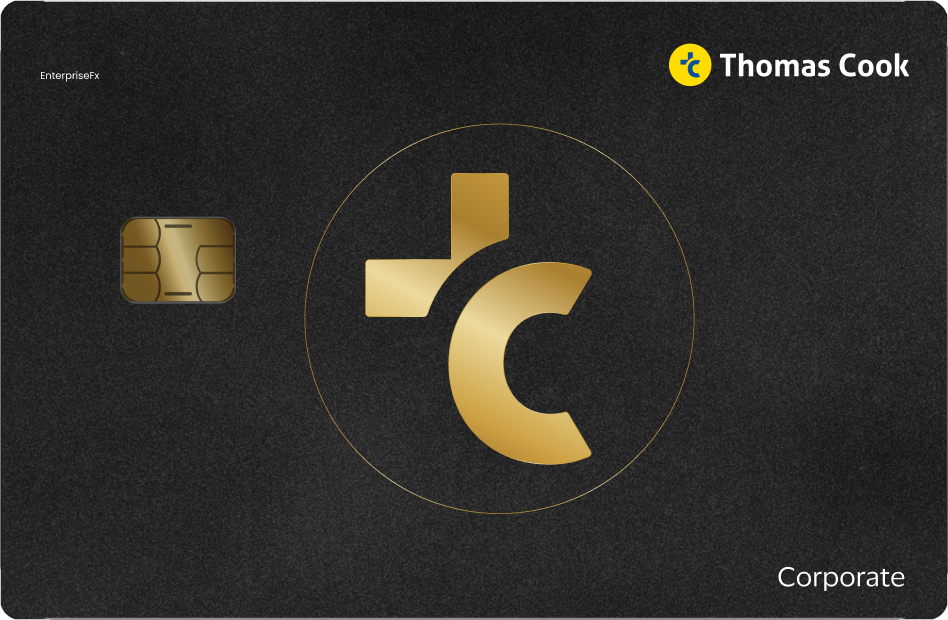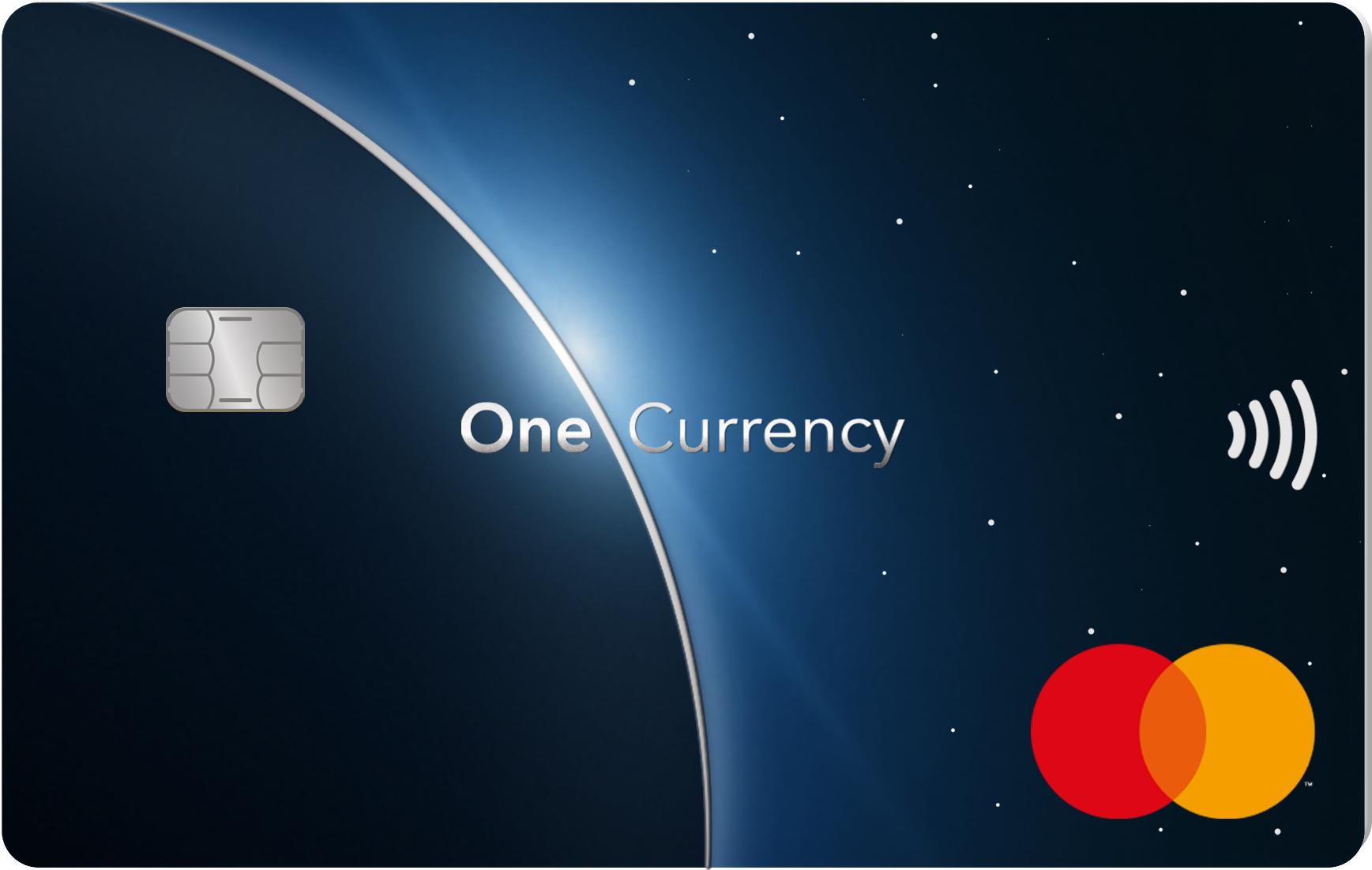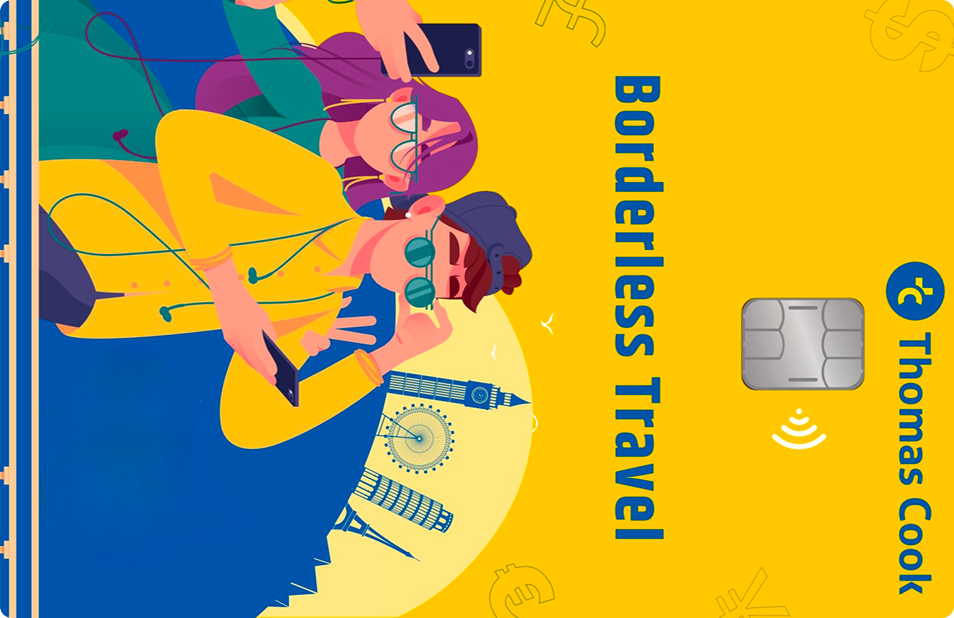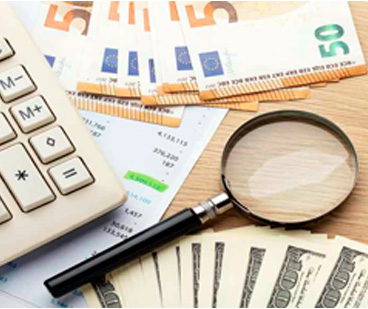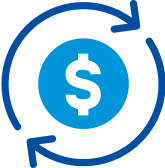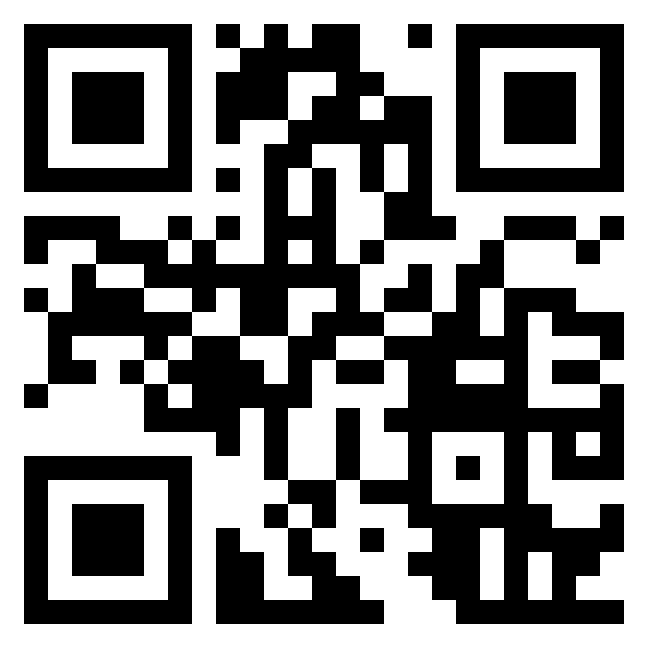Canadian Dollar (CAD): A Comprehensive Overview
The Canadian Dollar (CAD) is the official currency of Canada and is widely recognized as one of the most stable and traded currencies globally. Symbolized as $ or C$ to differentiate it from other dollar-denominated currencies, it is subdivided into 100 cents.
History and Development of Candaian Dollar (CAD)
- The Canadian Dollar was first introduced in 1858, replacing the Canadian pound.
- It adopted the decimal system, aligning with the U.S. Dollar for ease of trade and economic alignment.
- The Bank of Canada, established in 1935, oversees the currency's issuance and monetary policy.
Buy or Sell Canadian Dollar (CAD) with Thomas Cook
Planning a trip to Canada or looking to exchange Canadian Dollars? With Thomas Cook, buying or selling the Canadian Dollar (CAD) is a seamless, secure, and hassle-free process. Whether for travel, business, or investment purposes, Thomas Cook offers reliable forex solutions tailored to meet your needs.
Interesting facts about the currency

Canadian Dollar, CAD
Benjamins, Bones, Bread, Buck, Buckos, Cash, Dead Presidents, Dinero, Jeffersons, Scratch, SmackerSymbol
$, US$
1¢, 5¢, 10¢, 25¢, 50¢, $1
1/100, Cent
$1, $2, $5, $10, $20, $50, $100
Federal Reserve System
Benjamins, Bones, Bread, Buck, Buckos, Cash, Dead Presidents, Dinero, Jeffersons, Scratch,SmackerSymbol

